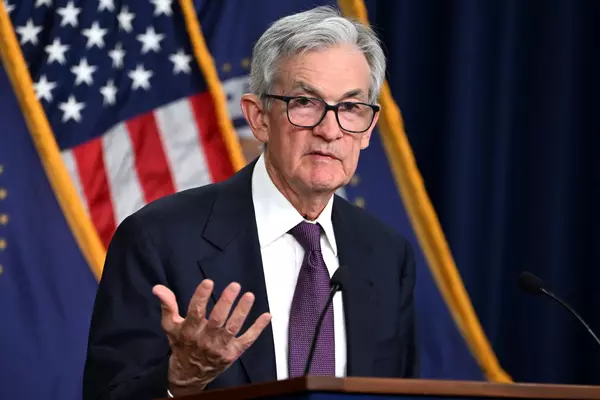
The Trump administration is set to impose sanctions against Turkey for acquiring a Russian air defense system more than a year ago, just as Congress readies a vote that would force the administration to impose those penalties that were long mandated by law.
Capitol Hill has long pushed for U.S. President Donald Trump to impose the mandatory sanctions after Turkey took delivery of the $2.5 billion Russian S-400 air defense system in July 2019. The United States quickly responded by kicking Turkey out of the F-35 fighter jet program, but the Trump administration stalled on imposing sanctions, while Trump allies such as Sen. Lindsey Graham called on the NATO ally not to activate the system. The Pentagon has long warned that the S-400 would jeopardize the F-35 by using its radar to passively scan the jet, allowing the Russian system to more easily identify and shoot it down in combat.
The law—which calls on the U.S. president to impose a basket of five or more sanctions—gives Trump flexibility on how hard to crack down on Turkey for the sale, including blocking exports, barring certain officials from making U.S. transactions, or stopping U.S. banks or international financial institutions from making loans, a move that could cause significant damage to the Turkish economy.
Two sources familiar with the discussions said that the sanctions, which the Trump administration mulled imposing in the months leading up to the lame duck session of Congress, will likely end up as a softer package of sanctions that include penalties against Turkey’s Presidency of Defense Industries but spare President Recep Tayyip Erdogan and his family or harder retribution against Turkish banks, which experts said could devastate the country’s already weak economy and potentially send financial tremors further into Europe. The Turkish lira has fallen in recent days over the provision in the U.S. Department of Defense’s annual authorization bill that would force the administration to impose sanctions.
Experts said the Trump administration may have finally been pushed into action by Turkey’s test in October of the Russian system—which drew condemnation from the Pentagon. Trump had slapped sanctions on Turkish officials before—but only to secure the release of a jailed U.S. pastor. He long refused to implement the congressionally mandated sanctions on Turkey for its purchase of Russian weapons, until Turkey’s brazen behavior made it impossible to ignore.
“It’s really hard to put those S-400s away,” said Aaron Stein, the director of research at the Foreign Policy Research Institute. “As soon as those things showed up in Ankara, it’s like fuck, we’ve got a big problem here.”
Reuters first reported that the Trump administration would impose the penalties under the Countering America’s Adversaries Through Sanctions Act, a 2017 law that threatens financial retribution against nations that purchase weapons from Russia and other U.S. antagonists. Trump called the legislation “seriously flawed.”
Turkey enjoyed a rapprochement with Russia since the November 2015 Turkish shootdown of a Russian jet in Syria, but relations have recently cooled, as the two countries have found themselves on opposite sides of proxy conflicts in Libya, Syria, and the disputed Nagorno-Karabakh region in the South Caucasus.
The 2021 National Defense Authorization Act, which passed the House this week, would force Trump to impose the sanctions if the bill becomes law. (He has vowed to veto it.) President-elect Joe Biden could also impose sanctions in January. While experts said Erdogan isn’t likely to bend to American demands calling on Turkey to abandon the Russian system, even with the sanctions in place there are signs Ankara may be open to easing tensions with Washington, including the appointment of a new envoy to the United States.
“I think it opens a blank page for President Biden so that when he comes to power he’s not the bad cop, he’s the good cop,” said Soner Cagaptay, a senior fellow at the Washington Institute for Near East Policy. “So his job isn’t imposing sanctions, it’s talking about how he can move forward.”







